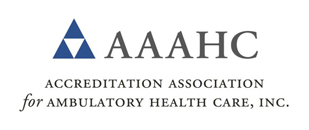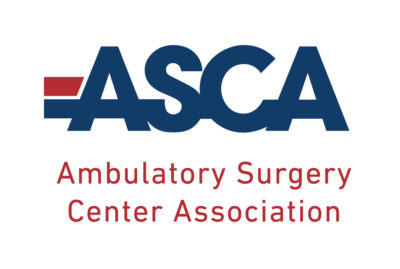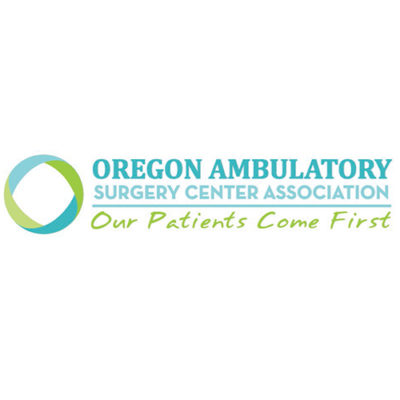Surgical Site Infection (SSI)
What is an SSI?
A surgical site infection (SSI) is an infection that occurs after surgery in the part of the body where the surgery took place.
Many SSIs are superficial infections involving the skin only. Other surgical site infections are more serious and involve tissues under the skin (“deep”), organs (“organ space”), or implanted material (such as following hip or knee replacement surgery), and usually result in continued or re-hospitalization.
If you have had surgery, how would you know if you have an SSI?
If you see signs of infection around your surgical incision, such as discharge, redness, swelling or pain around your surgical wound or if you have a fever within 30 days, you may have an SSI. If you received a surgical implant, you may have an SSI anytime within a year after your surgery. If you suspect you have an SSI, you should contact your medical provider. SSIs are treated with antibiotics and may require further surgery.
What are Ambulatory Surgery Centers (ASC’s) doing to prevent SSIs?
Center For Specialty Surgery Center is participating in the Centers for Medicare & Medicaid Services (CMS) Surgical Care Improvement Project (SCIP). We follow and report on, the surgical antimicrobial prophylaxis portions of the SCIP measures.
Team up with your medical providers to prevent SSIs before surgery
- Quit smoking. Patients who smoke get more infections. Talk to your medical providers.
- Inform your medical providers of any other medical problems you may have such as allergies and diabetes, which could affect your surgery and your treatment.
- Do not shave near where you will have surgery and, if hair removal is needed for your surgery, ask that it not be done with a razor as razors make it easier to develop an infection.
Team up with your medical providers to prevent SSIs after surgery
- Make sure that only medical staff touches your wound area, after cleaning their hands.
- Confirm you understand how to care for your wound, including hand hygiene, before you leave the ASC and follow these instructions carefully.
- If you have any symptoms of an infection, such as redness and pain at the surgery site, drainage, or fever, call your doctor immediately.






